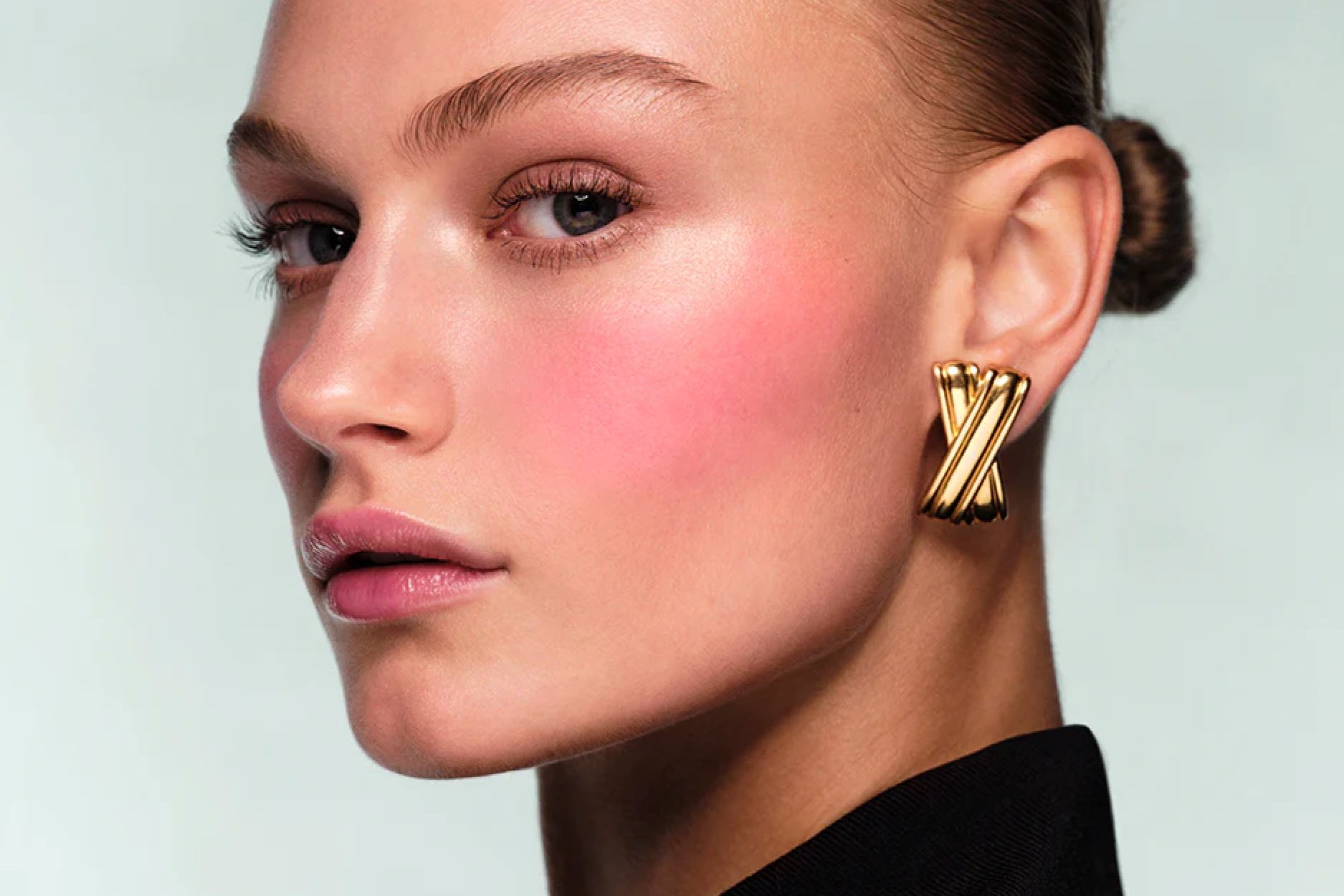5 Common Moisturising Mistakes We're All Making
When asked about our skincare regime, the majority of us will mention “moisturising” or “moisturiser”, and for good reason! The benefits of moisturising are well documented, but despite what we may think, people can still make plenty of mistakes when it comes to the art of moisturising.
With plenty of experience in aesthetic and skincare treatments and own aesthetic clinic in the heart of London’s Chelsea, Dr. Pamela Benito knows a thing or two about skincare procedures. Keen to ensure we all get the most of our moisturiser (because let’s face it, it ain’t cheap!) we asked Dr. Pamela to reveal the five most common moisturising mistakes.
Not using moisturiser – this may seem pretty obvious, but astonishingly; a lot of people still don’t use amoisturiser. Whether you believe you need to or not, all adult skin requires daily moisturising and it’s bestto do so with a cream that contains sunblock to protect the skin.
Not washing your hands – it’s a shameful truth that many people do not correctly wash their hands after they use the toilet or travel on public transport. Our hands need to be washed regularly and need to be clean when applying moisturiser to the skin. If you don’t wash your hands, you may end up causing skincontamination and that can lead to breakouts and other issues.
Being too generous – while it’s important to apply moisturiser daily, you do not need to paste it all over your face in a thick layer. An excessive amount of moisturiser can lead to pore blockage and can end up being detrimental to the skin. If your skin needs an extra boost, trying using a hyaluronic acid serum that will leave your skin looking hydrated and youthful.
Not applying during breakouts – when your skin suffers from breakouts, it can be tempting to just leave it to cure itself. While this is understandable, if you are struggling with a skin condition, it’s best to continue applying moisturiser to speed up the recovery process and prevent further breakouts.
Choosing the wrong ingredients – our skin is naturally sensitive, easily flaring up and reacting poorly tocertain ingredients that it doesn’t agree with. If you do have sensitive skin, consult with a skin specialist to understand your skin type and what ingredients are recommended.























